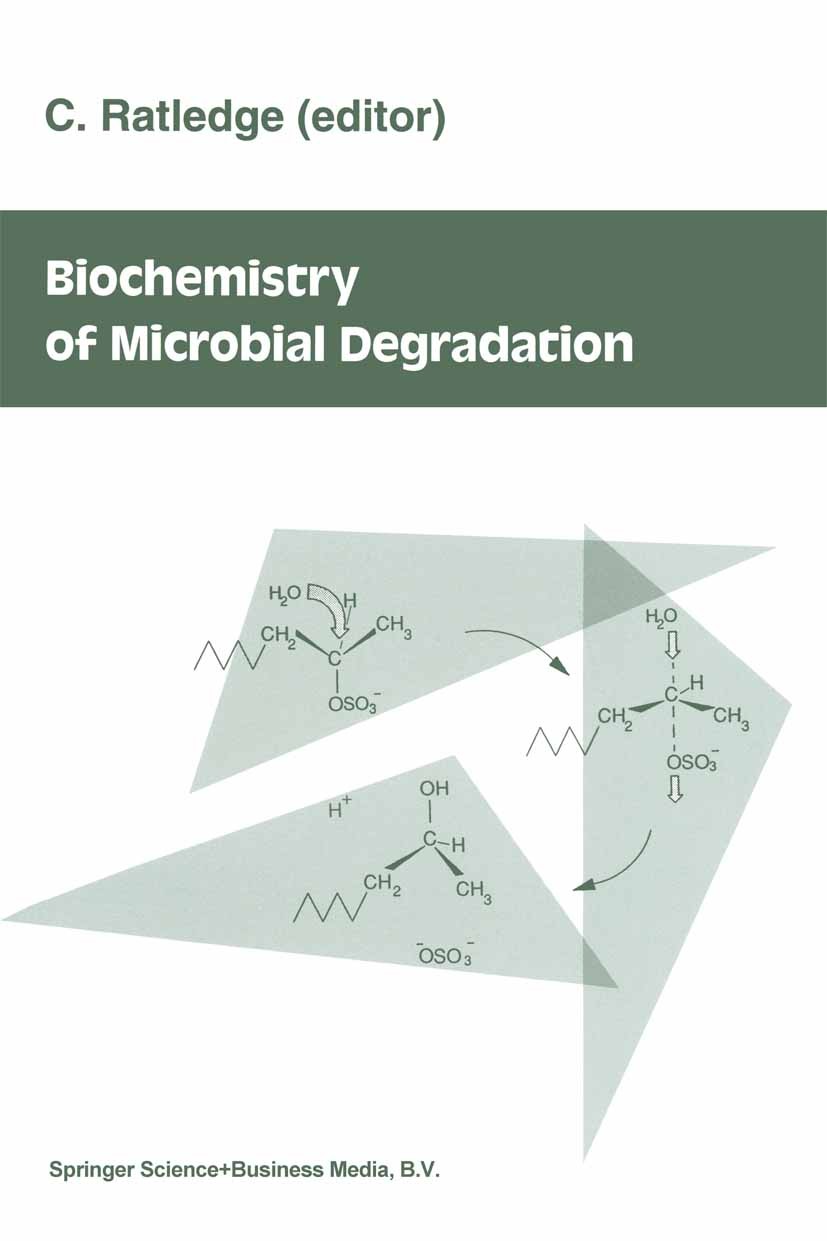| 期刊全称 | Biochemistry of microbial degradation | | 影响因子2023 | Colin Ratledge | | 视频video | http://file.papertrans.cn/187/186733/186733.mp4 | | 图书封面 |  | | 影响因子 | Life on the planet depends on microbial activity. The recycling of carbon, nitrogen, sulphur, oxygen, phosphate and all the other elements that constitute living matter are continuously in flux: microorganisms participate in key steps in these processes and without them life would cease within a few short years. The comparatively recent advent of man-made chemicals has now challenged the environment: where degradation does not occur, accumulation must perforce take place. Surprisingly though, even the most recalcitrant of molecules are gradually broken down and very few materials are truly impervious to microbial attack. Microorganisms, by their rapid growth rates, have the most rapid turn-over of their DNA of all living cells. Consequently they can evolve altered genes and therefore produce novel enzymes for handling "foreign" compounds - the xenobiotics - in a manner not seen with such effect in other organisms. Evolution, with the production of micro-organisms able to degrade molecules hitherto intractable to breakdown, is therefore a continuing event. Now, through the agency of genetic manipulation, it is possible to accelerate this process of natural evolution in a very direct | | Pindex | Book 1994 |
The information of publication is updating

|
|
 |Archiver|手机版|小黑屋|
派博传思国际
( 京公网安备110108008328)
GMT+8, 2026-2-9 23:48
|Archiver|手机版|小黑屋|
派博传思国际
( 京公网安备110108008328)
GMT+8, 2026-2-9 23:48


